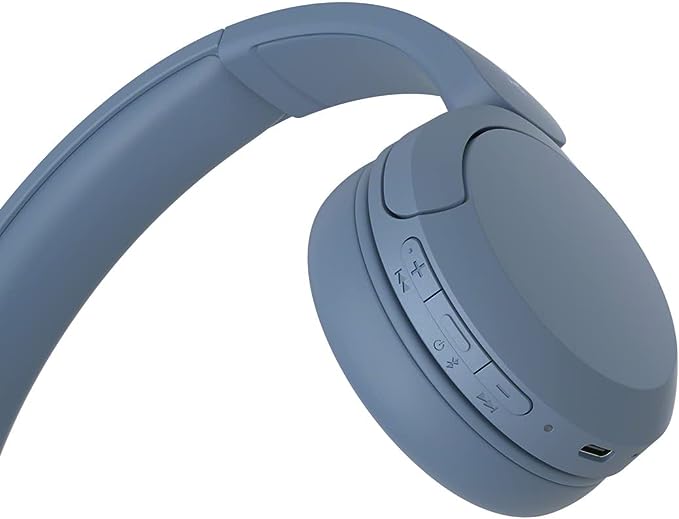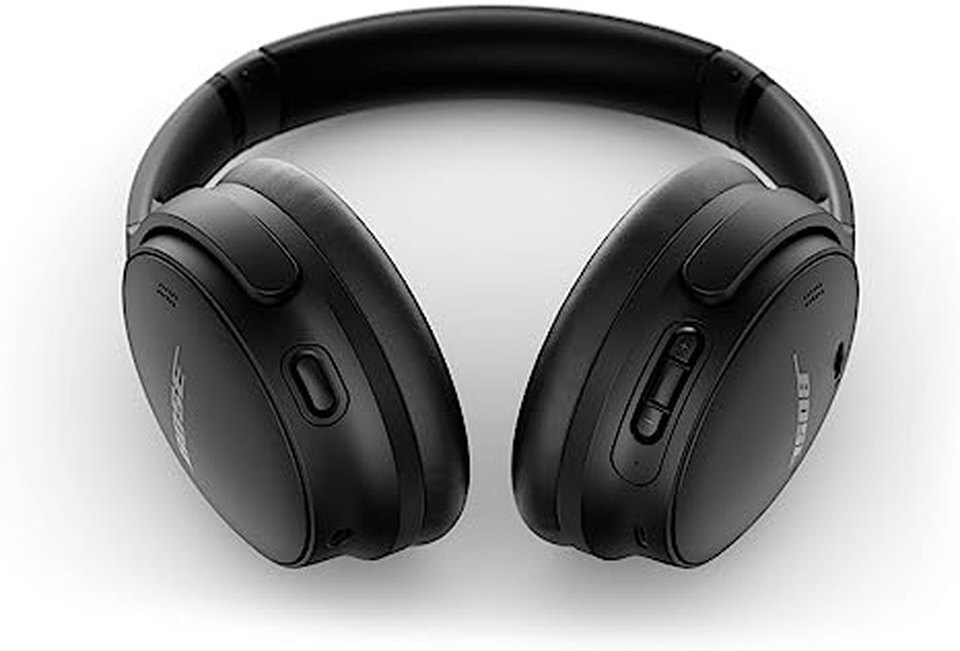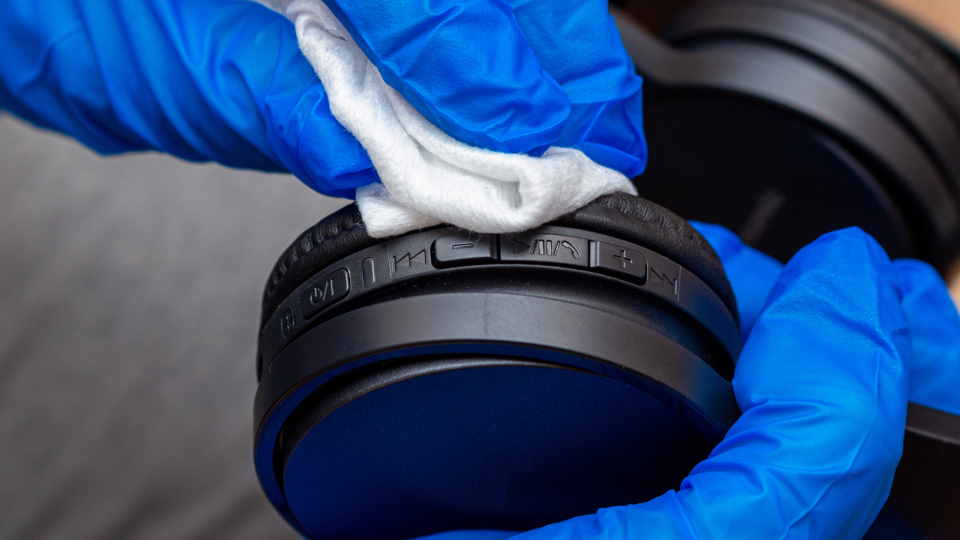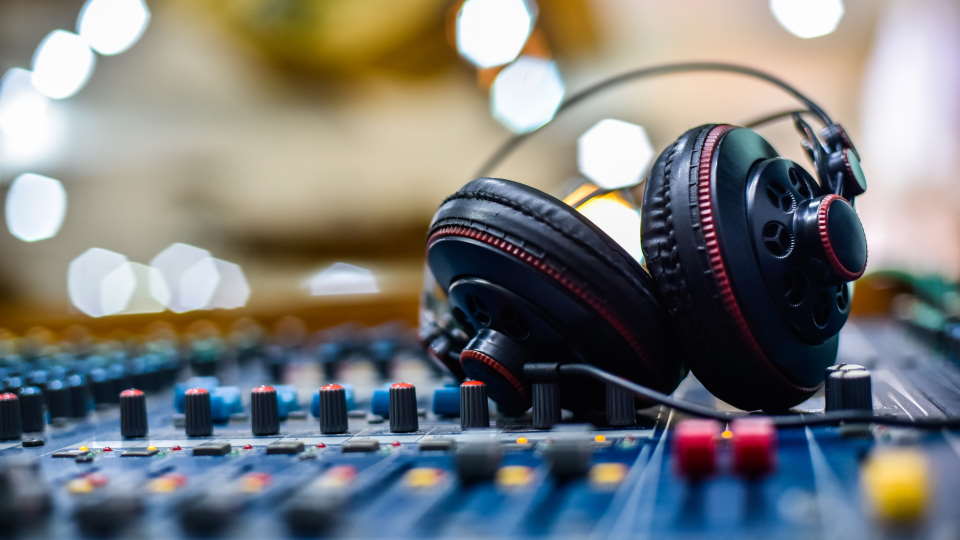Have you ever experienced any issues with your headphones? Whether you’re using them at home, in the office, or on-the-go, headphone problems can be frustrating and annoying. We will explore some common headphone issues and possible solutions. From interference caused by other devices to loose or damaged cables, Bluetooth connectivity problems, and low battery or power supply issues, we’ve got you covered. Keep reading to find out how to troubleshoot these problems and enjoy uninterrupted audio bliss.
Interference From Other Devices

Have you ever been jamming out to your favorite song, only to be interrupted by a sudden burst of static? Or maybe you’re trying to have a phone conversation, but all you can hear is a weird buzzing noise. These frustrating experiences could be caused by interference from other devices. In today’s modern world, we are surrounded by a multitude of electronic gadgets, each emitting its own unique set of signals. Whether it’s a microwave oven, a cordless phone, or even a baby monitor, these devices can sometimes wreak havoc on our audio equipment.
The problem lies in the fact that many of these devices operate on the same frequency bands as our headphones or speakers. When signals from different sources overlap, they can create a jumbled mess of noise, resulting in distorted or interrupted sound. It’s like trying to have a conversation in a crowded room where everyone is talking at the same time – it’s nearly impossible to make any sense of what’s being said.
So, how can we solve this annoying problem? One solution is to keep your audio equipment away from potential sources of interference. Try to place your headphones or speakers as far away as possible from devices like microwaves, cordless phones, or Wi-Fi routers. Additionally, using shielded cables can help minimize the impact of external signals. These cables are designed to reduce electromagnetic interference, providing a clearer and more reliable audio experience.
- Keep your audio equipment away from potential sources of interference.
- Place your headphones or speakers as far away as possible from devices like microwaves, cordless phones, or Wi-Fi routers.
- Use shielded cables to minimize the impact of external signals.
| Problem | Solution |
|---|---|
| Interference from other devices | Keep your audio equipment away from potential sources of interference. |
| Loose or damaged headphone cables | Check and replace any loose or damaged cables. |
| Bluetooth connectivity issues | Make sure your device is within range and try reconnecting. |
| Low battery or power supply problems | Charge your device or check the power source. |
Loose Or Damaged Headphone Cables

Headphones are a godsend when it comes to enjoying music or immersing yourself in a movie or game. However, there is nothing worse than finding out that your favorite pair of headphones is acting up. One common issue that many people face is loose or damaged headphone cables. These pesky little wires can cause a lot of frustration, but fear not! We will explore the causes of loose or damaged headphone cables and provide you with some tips and tricks to fix them.
Firstly, let’s talk about the reasons behind loose or damaged headphone cables. One of the main culprits is excessive tugging or pulling on the cable. We’ve all been there – engrossed in a song or movie, and suddenly something distracts us, causing us to yank the headphones out of our ears. This constant pulling can strain the cables and loosen the connections over time. Another common cause is improper storage or careless handling. Tossing your headphones into your bag or pocket without any protection can lead to tangling or even breakage of the cables. Finally, wear and tear is a natural occurrence with any electronic device, and headphones are no exception. Continuous bending, twisting, and folding of the cables can weaken them, making them more prone to damage.
Now that we know the causes, let’s move on to some practical solutions. The first step is to identify if the problem lies with the cable itself or the headphone jack. Plug your headphones into another device to see if the issue persists. If the problem persists, then it’s likely a cable issue. If the issue is only present when using a specific device, the problem may lie with the headphone jack. Once you’ve determined the problem, it’s time to take action. If your cable is loose at the headphone jack, the simplest fix is to use a small amount of electrical tape to secure it in place. This will provide stability and prevent any further damage. However, if your cable is physically damaged or frayed, you might need to consider replacing it. Many headphone manufacturers offer replacement cables, so check with the brand’s website or contact their customer support for options.
| Tip: | When storing your headphones, try using a case or a protective pouch to prevent tangling or damage to the cables. This simple step can go a long way in prolonging the life of your headphones. |
|---|---|
| Trick: | If you find that the cables tend to tangle easily, you can try using a cable management solution such as cable clips or cable organizers. These nifty little gadgets will keep your cables neat and tangle-free, saving you from the hassle of untangling them every time you want to use your headphones. |
Bluetooth Connectivity Issues

Bluetooth technology has revolutionized the way we connect and interact with our devices. Whether we’re listening to music on our wireless headphones, transferring files between devices, or even controlling our home appliances from our smartphones, Bluetooth has become an integral part of our daily lives. However, like any technology, Bluetooth is not without its glitches. One common issue that many people face is connectivity problems. So, today, we will explore some of the most common Bluetooth connectivity issues and how to troubleshoot them.
Interference From Other Devices: One of the main culprits behind Bluetooth connectivity issues is interference from other devices. Bluetooth operates on the 2.4 GHz frequency, which is the same frequency used by many other wireless devices such as Wi-Fi routers, cordless phones, or even microwave ovens. When too many devices are trying to use the same frequency, they can interfere with each other, causing disruptions in Bluetooth connectivity. To overcome this issue, try to keep other devices at a distance from your Bluetooth device and ensure there are no physical obstacles in between.
Loose Or Damaged Headphone Cables: Another common problem that can cause Bluetooth connectivity issues is loose or damaged headphone cables. Even if you are using wireless Bluetooth headphones, some models still require a physical connection between the earbuds themselves. If these cables are loose or damaged, they can affect the Bluetooth signal, resulting in poor connectivity. Make sure to regularly check the cables for any signs of wear and tear and, if necessary, get them replaced to ensure a seamless Bluetooth experience.
Low Battery Or Power Supply Problems: Bluetooth devices, whether they are headphones, speakers, or smartphones, require a sufficient power supply to maintain a stable connection. If your device’s battery is running low, it can lead to intermittent Bluetooth connectivity issues. Ensure that your Bluetooth device is adequately charged or connected to a power source while in use. Additionally, low battery levels on your smartphone or other devices may also affect the Bluetooth connection. Always keep an eye on your battery levels to prevent any hiccups in Bluetooth connectivity.
| Common Bluetooth Connectivity Issues |
|---|
| Interference from other devices |
| Loose or damaged headphone cables |
| Low battery or power supply problems |
The most vital thing to remember when dealing with Bluetooth connectivity issues is to stay patient and try different troubleshooting methods. Whether it’s adjusting the position of your Bluetooth device, replacing damaged cables, or ensuring sufficient power, it’s often the simple solutions that can resolve the problem. By following these tips and tricks, you’ll be back to enjoying seamless Bluetooth connectivity in no time, dancing to your favorite tunes or making hands-free calls without any interruptions.
Low Battery Or Power Supply Problems

Have you ever been jamming out to your favorite song, only to have your headphones abruptly stop working? It’s a frustrating experience that can put a damper on your musical enjoyment. But fear not, because today we’re going to tackle one of the most common reasons for headphones malfunctioning – low battery or power supply problems.
Now, you might be thinking, “But my headphones are wired, so how can battery or power supply be an issue?” Well, even though wired headphones don’t rely on a battery to function, they still need a power source to deliver the audio signal. In most cases, this power is provided by the device you’re connecting your headphones to, such as your smartphone or music player.
- Interference From Other Devices: Sometimes, when the battery on your device is running low, it can struggle to provide enough power to your headphones. This can result in crackling sounds, dropouts, or complete audio loss. So, before blaming your headphones, make sure to check the battery level of your device.
- Loose Or Damaged Headphone Cables: Another common issue that can lead to power supply problems is a loose or damaged cable. Over time, headphone cables can fray, break, or develop loose connections. If there’s a break in the cable, it can prevent the power from reaching the headphones, resulting in poor or no audio output.
But what if you’re using wireless Bluetooth headphones? Can low battery or power supply problems still affect them? Absolutely! Bluetooth headphones rely on both the battery level of the headphones themselves and the connected device. If either of these power sources is running low, you might experience audio cutouts, weak signal, or difficulty connecting.
So, next time your headphones start acting up, don’t panic. Check the battery level of your device, inspect your headphone cables for any damage, and make sure your Bluetooth headphones are sufficiently charged. By addressing these low battery or power supply problems, you’ll be back to enjoying your music in no time!




